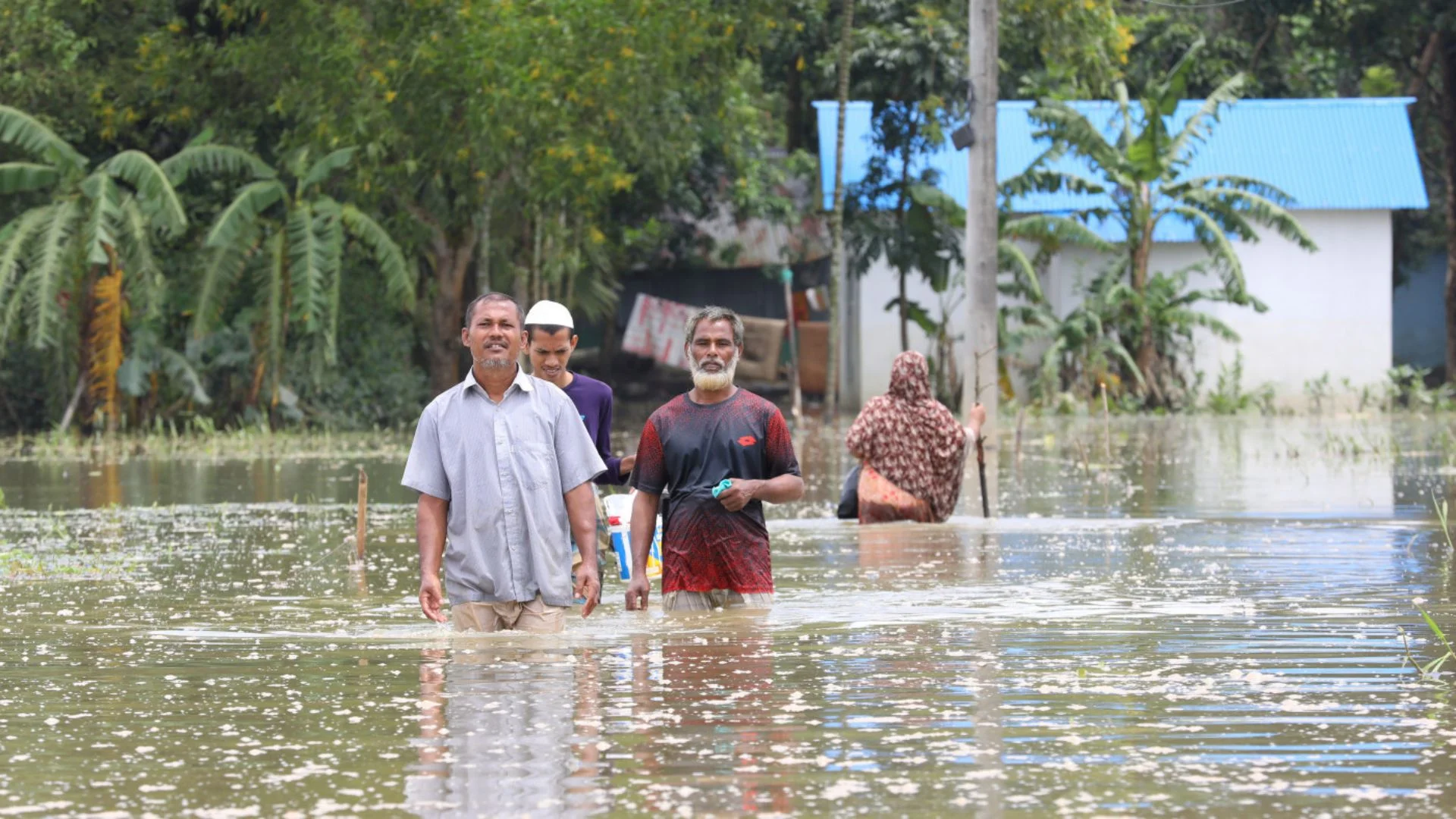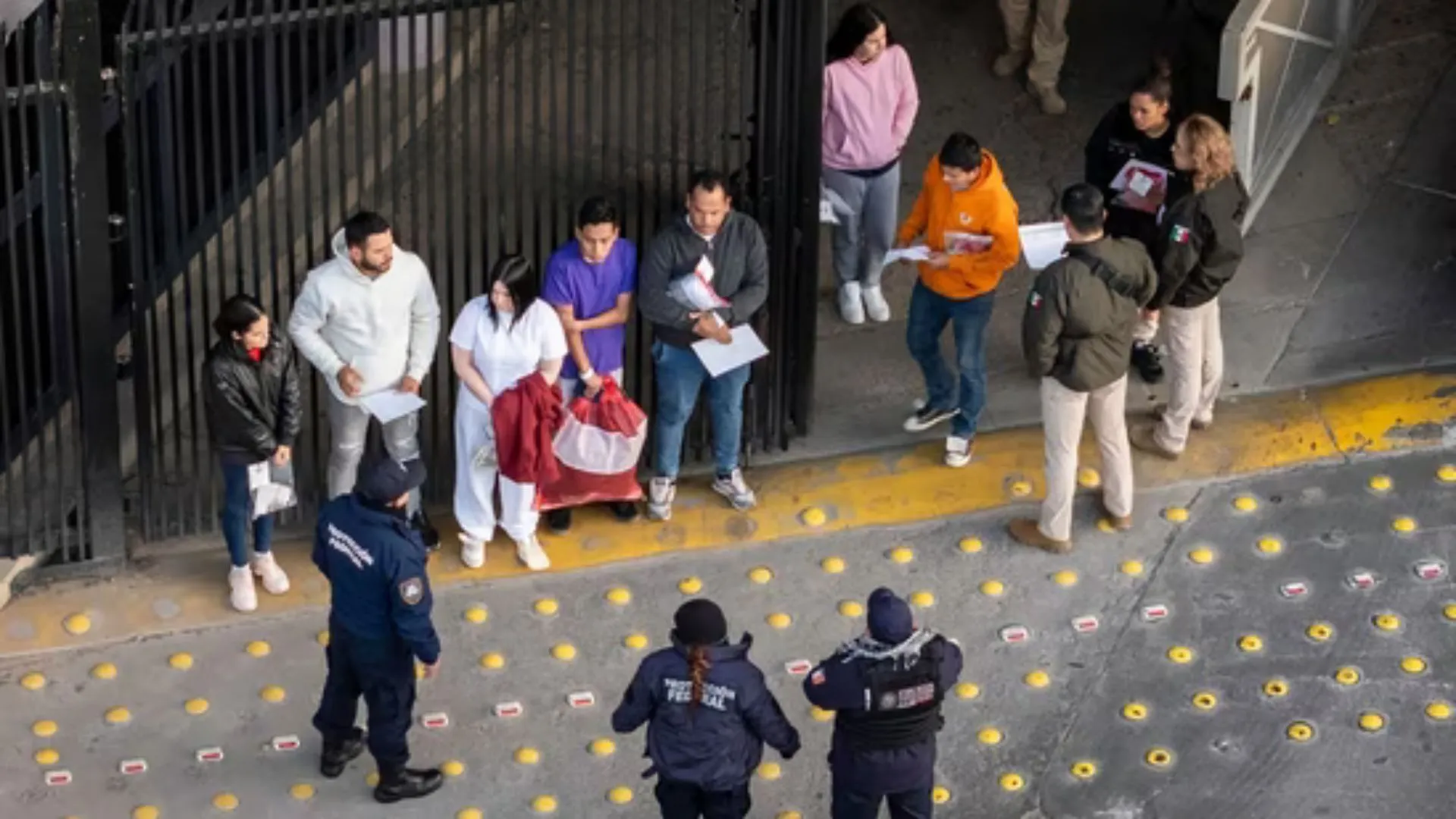Bangladesh has lost approximately 1.1 million metric tons of rice due to recent floods, prompting the government to increase rice imports amid a surge in food prices, according to data from the agriculture ministry. The country, already grappling with high inflation, has seen food costs rise by nearly 20% in recent months.
The floods, triggered by heavy monsoon rains and upstream runoff, occurred in two waves in August and October. At least 75 people lost their lives, and millions were affected, particularly in the eastern and northern regions, where crop destruction was most severe.
As the third-largest rice producer globally, Bangladesh typically produces around 40 million tons of rice annually to feed its 170 million residents. However, natural disasters frequently disrupt production, forcing the country to rely on imports to meet demand. This year’s flood-related rice losses have intensified the government’s efforts to stabilize food supplies. Officials announced plans to import 500,000 tons of rice, with the private sector likely to be allowed to import more soon.
The floods also severely impacted other crops, with over 200,000 tons of vegetables destroyed. Nationwide agricultural losses from the floods are estimated at around 45 billion taka ($380 million). Neighboring India, the world’s top rice exporter, could benefit from the increased demand as Bangladesh seeks to fill the shortfall.
The floods highlight Bangladesh’s vulnerability to climate change, which continues to threaten food security. A 2015 World Bank analysis found that 3.5 million people in the country are at risk of annual river flooding, a risk that is worsening with global climate changes.
Experts like Khandakar Mohammad Iftekharuddaula from the Bangladesh Rice Research Institute emphasize the need for investment in flood- and drought-resistant crop varieties to help farmers adapt to changing weather patterns and stabilize yields.




















